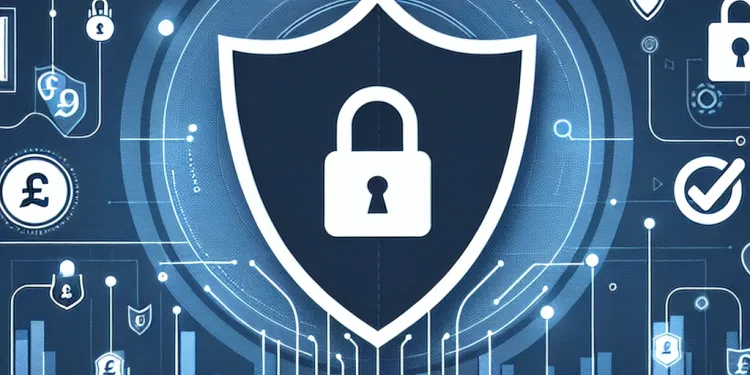
Find Help
More Items From Ergsy search
-
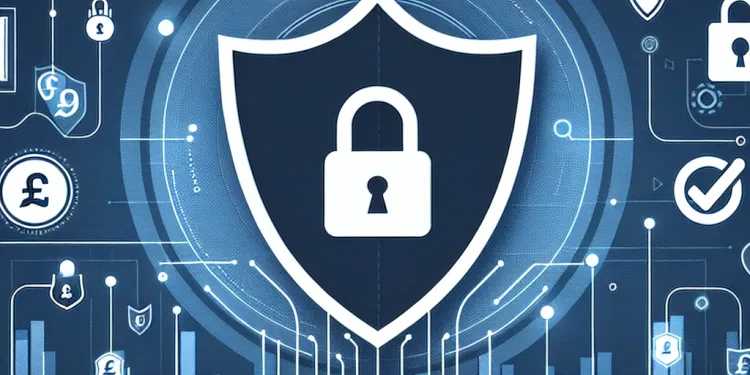
Are companies required to inform me if my data is breached?
Relevance: 100%
-
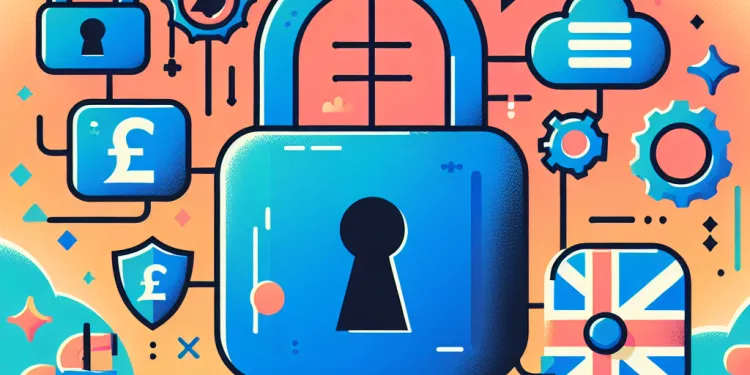
How do I know if my personal information was part of a data breach?
Relevance: 68%
-
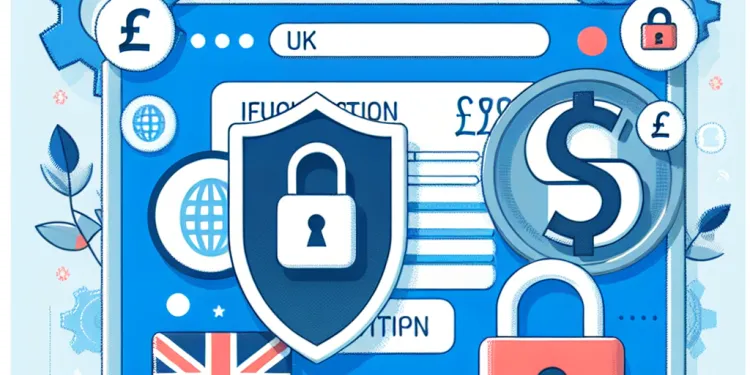
What should I do if I find my information in a data breach?
Relevance: 66%
-
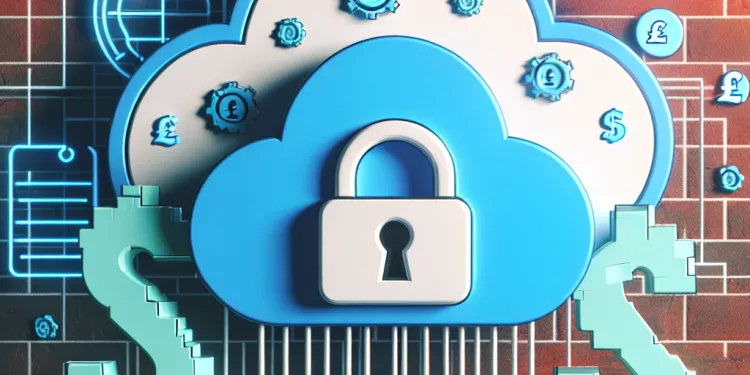
What is a data breach?
Relevance: 64%
-
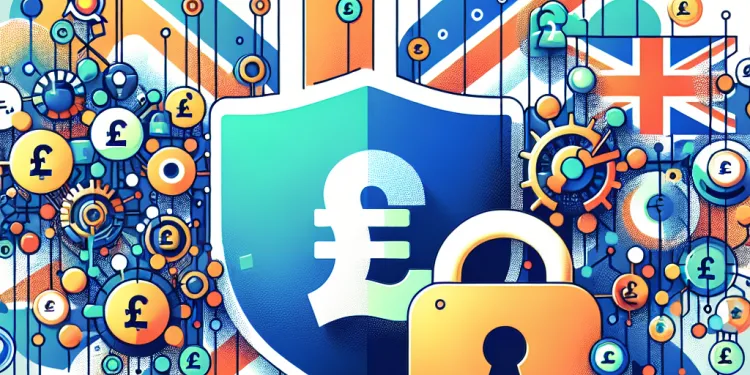
What type of information can be exposed in a data breach?
Relevance: 63%
-
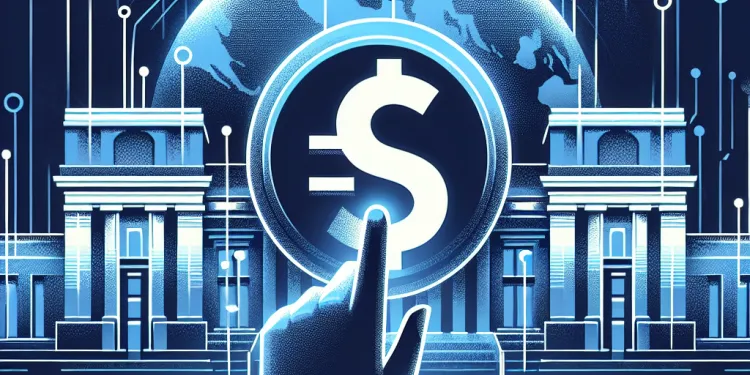
How does a breached company manage the situation?
Relevance: 58%
-
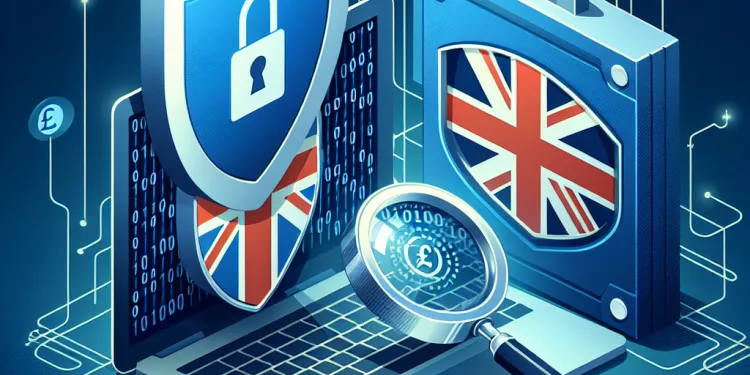
How can I find out if my data was part of a breach?
Relevance: 57%
-
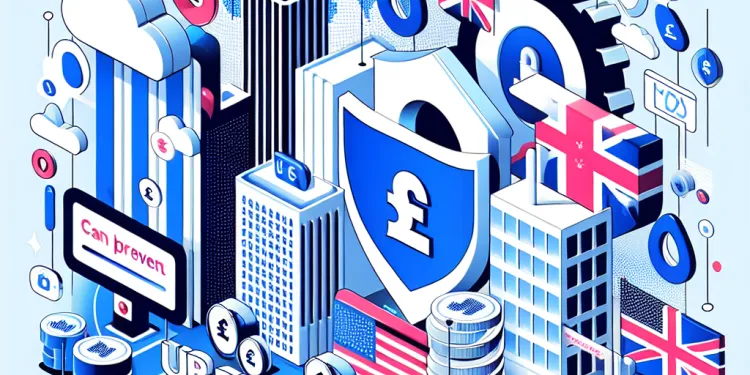
Can I prevent my data from being included in a breach?
Relevance: 54%
-
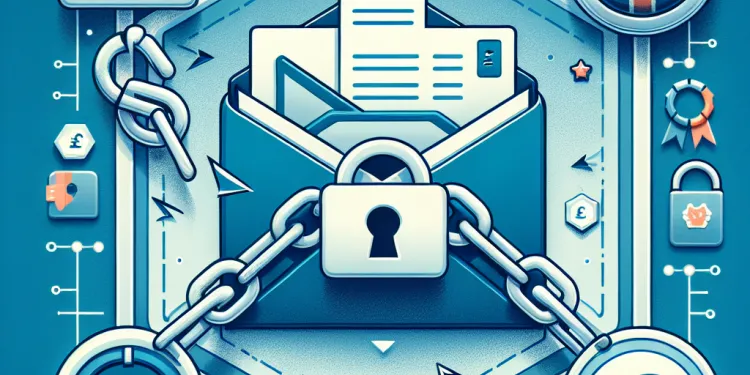
Why are emails often targeted in data breaches?
Relevance: 52%
-
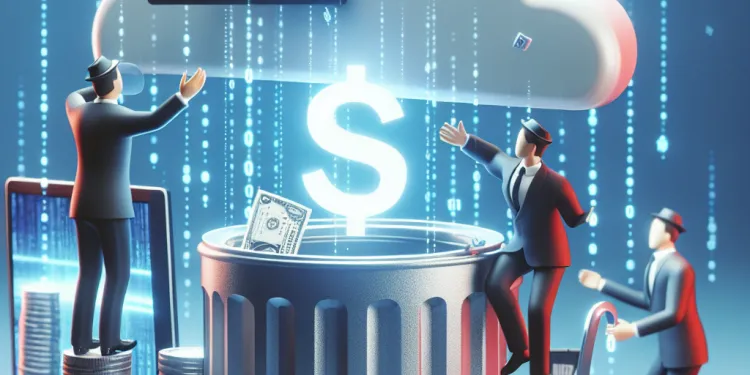
Can I recover data once it has been breached?
Relevance: 51%
-

What information do I need to provide to check for breaches?
Relevance: 51%
-
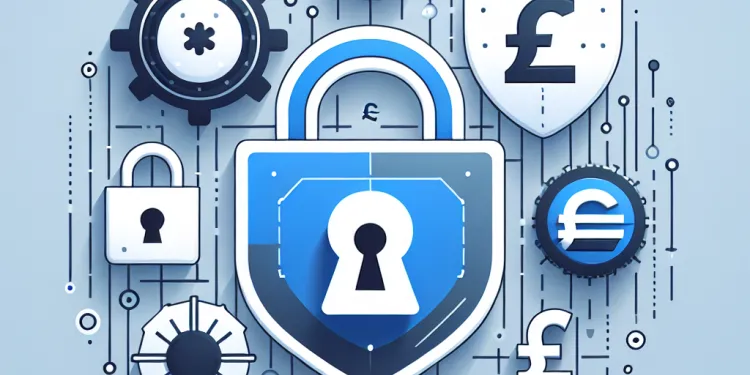
What role do password managers play in data breach prevention?
Relevance: 43%
-

How often should I check for data breaches?
Relevance: 41%
-
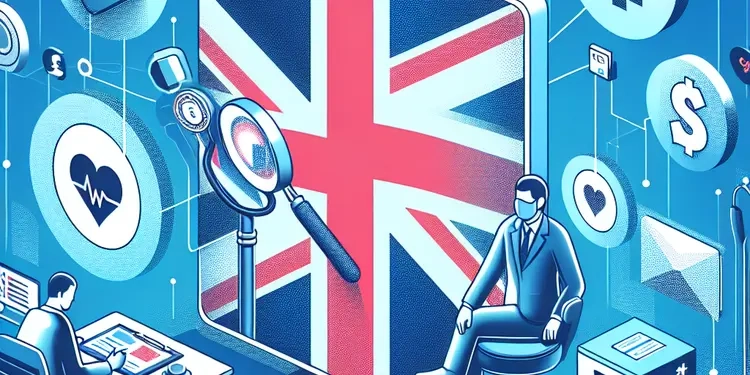
How can I find out if my medical data has been leaked?
Relevance: 38%
-

Do AI models for lung cancer require a lot of data to train?
Relevance: 35%
-

What is my neighbour required to do under GDPR?
Relevance: 33%
-
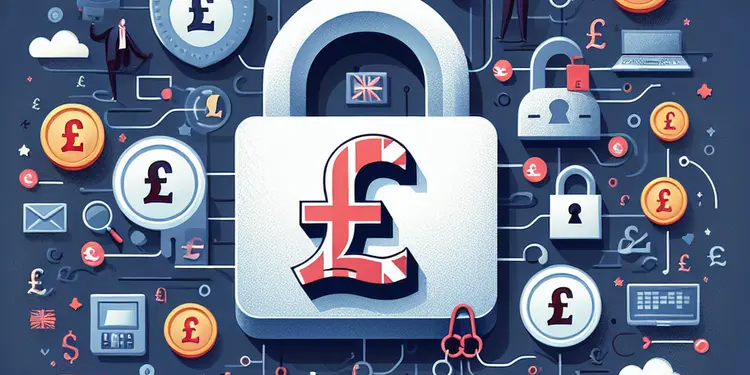
What is a breach of trust?
Relevance: 33%
-
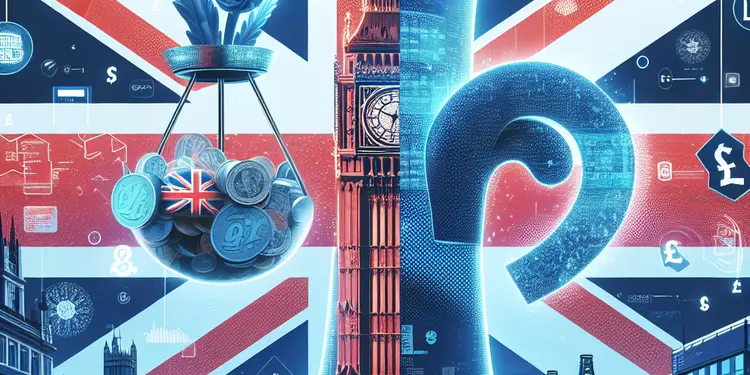
Judicial Review Sought Over NHS Data Sharing Agreements
Relevance: 33%
-
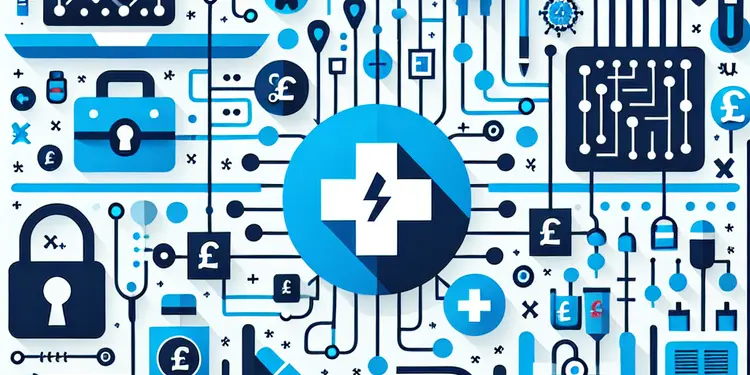
Is my data secure on a virtual ward?
Relevance: 32%
-
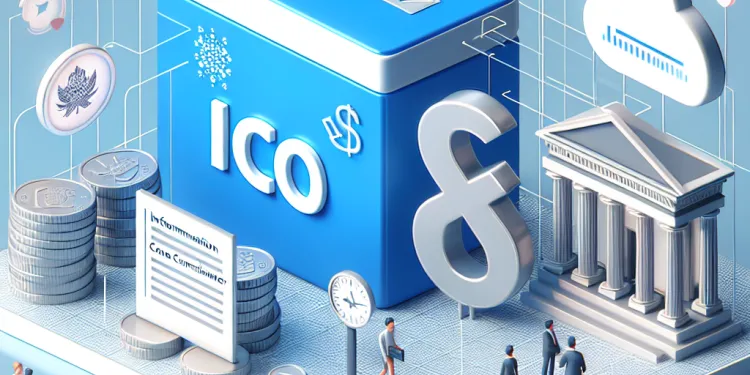
What role does the Information Commissioner’s Office (ICO) play in these disputes?
Relevance: 32%
-

Company Director Disputes
Relevance: 29%
-
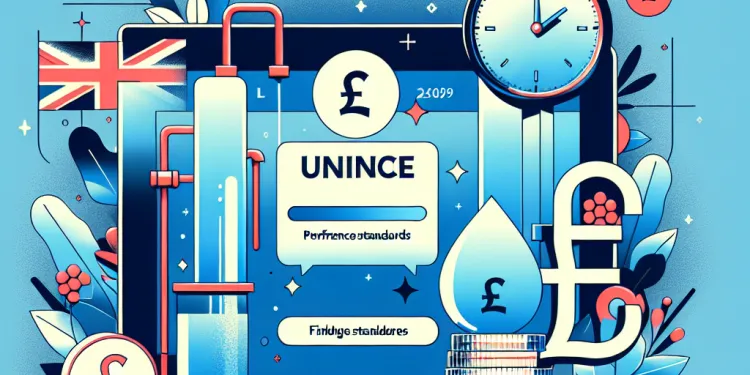
Where can customers find updates on their water company's performance standards?
Relevance: 29%
-

Can a professional negligence claim be filed against a company?
Relevance: 27%
-
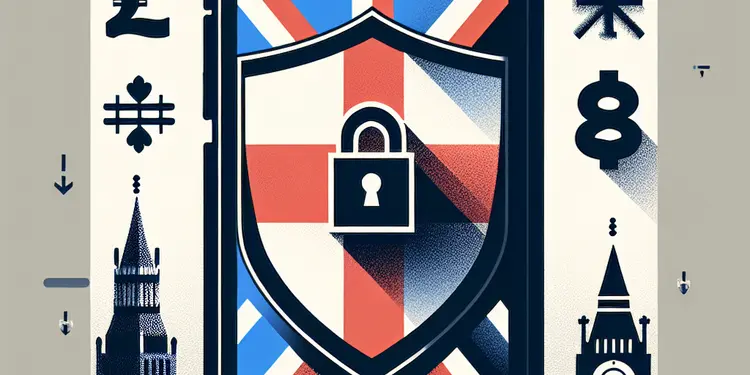
How can I secure sensitive data stored on my phone?
Relevance: 27%
-

What should drivers do if there are errors in their digital license data?
Relevance: 27%
-

How transparent are water companies regarding infrastructure improvements?
Relevance: 26%
-
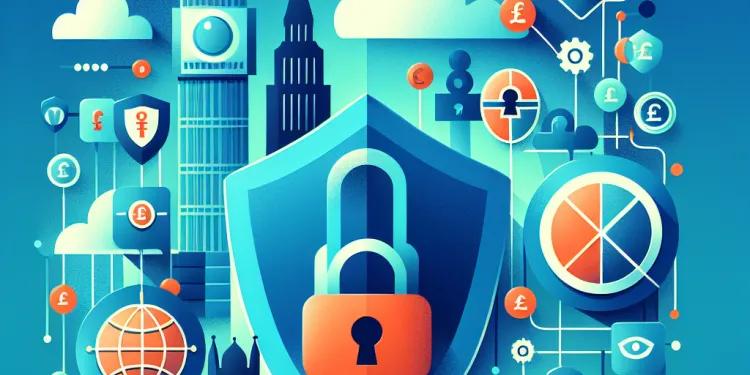
Is it safe to use websites that check for data breaches?
Relevance: 26%
-
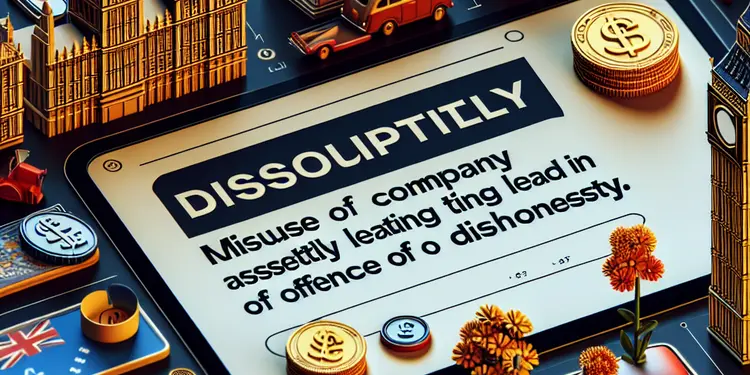
Can misuse of company assets be an offence of dishonesty?
Relevance: 26%
-
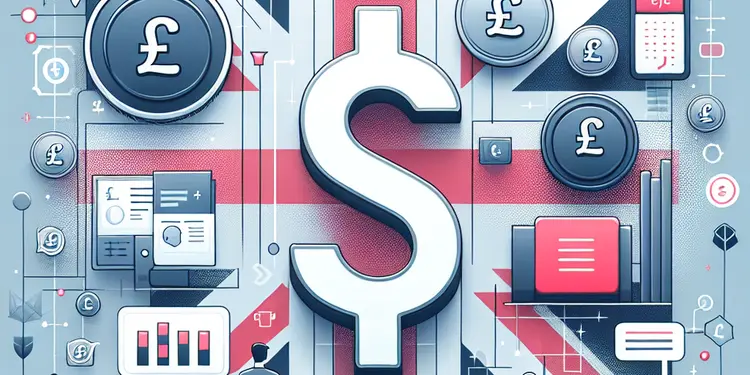
Can a company refuse to register a share transfer?
Relevance: 26%
-

How are infrastructure priorities determined by water companies?
Relevance: 25%
-
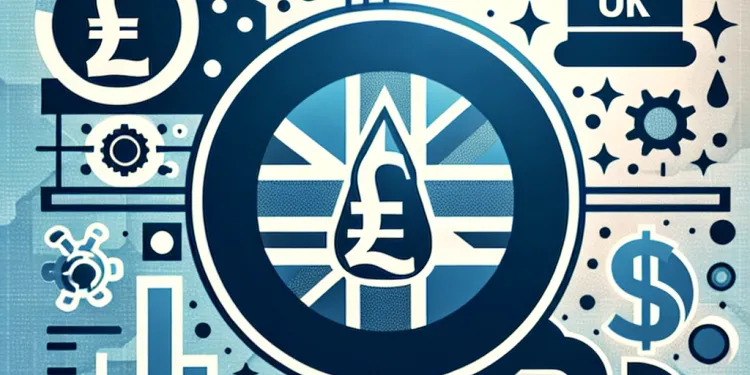
Who regulates the performance and compliance of UK water companies?
Relevance: 25%
-

Which UK water companies are going to refund their customers?
Relevance: 25%
-

When will the refunds be issued by the UK water companies?
Relevance: 25%
-
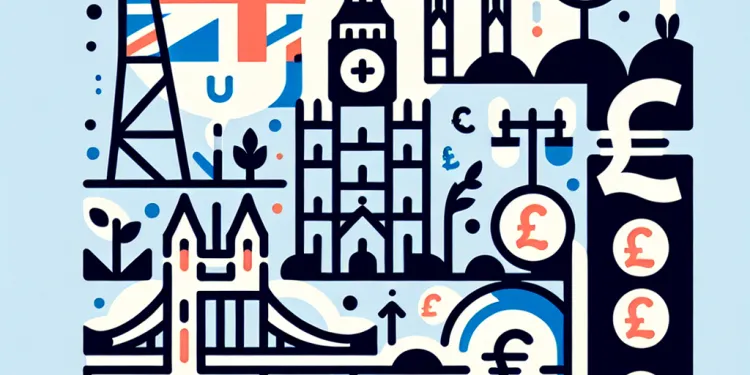
How many UK water companies are involved in the refund process?
Relevance: 24%
-
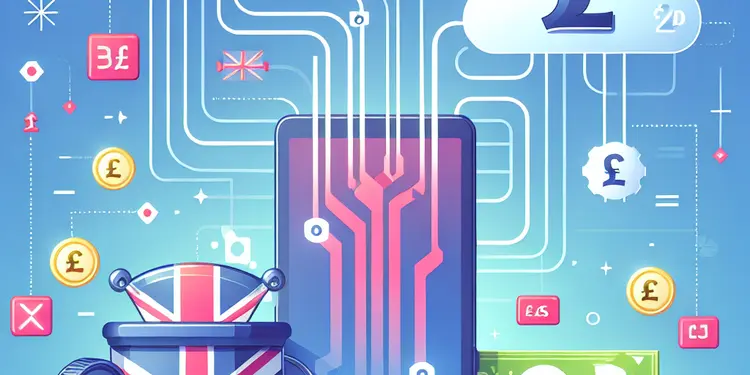
What is the best way to back up my mobile phone data?
Relevance: 24%
-

How do water companies detect leaks?
Relevance: 24%
-

Can director disputes lead to company liquidation?
Relevance: 24%
-

Do I have to provide personal information to access a food bank?
Relevance: 24%
-

Do water companies have long-term infrastructure plans?
Relevance: 23%
-
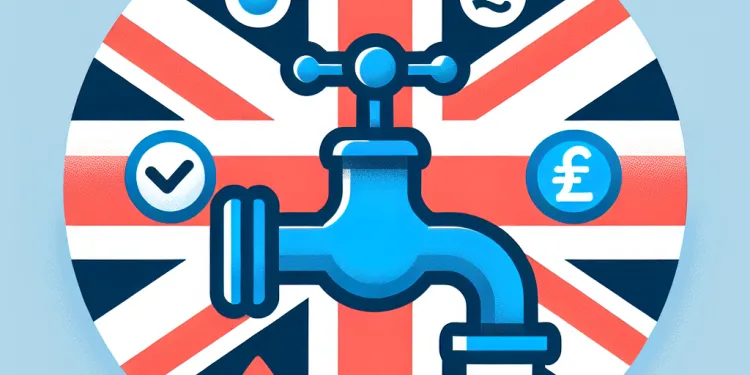
What criteria were used to determine the refunds for UK water companies?
Relevance: 23%
Understanding Data Breach Notifications in the UK
In today's digitally connected world, the security of personal data has become a significant concern for individuals and organizations. In the UK, data protection and privacy laws regulate how companies manage personal data. A key component of these regulations is the requirement for companies to notify individuals if their personal data is breached.
GDPR and Data Breach Notifications
The General Data Protection Regulation (GDPR), which came into effect on May 25, 2018, is the principal data protection legislation in the UK alongside the Data Protection Act 2018. Under the GDPR, organizations are required to report certain types of personal data breaches to relevant authorities and, in some cases, to the individuals affected. This regulation aims to provide transparency and ensure that individuals are informed promptly about any risk to their personal data.
When Must Companies Notify Individuals?
Under the GDPR, a company must notify individuals about a data breach if it is likely to result in a high risk to their rights and freedoms. This includes cases where the breach might lead to discrimination, identity theft, fraud, financial loss, or any other significant damage to the individual's well-being. The notification must be made without undue delay, which typically means as soon as possible after the breach has been identified and assessed.
Contents of a Data Breach Notification
When a company is obligated to inform individuals of a data breach, the notification must contain clear and specific information. This includes a description of the nature of the breach, the categories and approximate number of affected individuals, and the data records involved. Additionally, the company should provide contact details of their data protection officer or another contact point, describe the potential consequences of the breach, and outline measures taken or proposed to address the breach and mitigate its adverse effects.
Exceptions to Notification Requirements
There are some circumstances where companies may not need to notify individuals about a data breach. If the company has implemented appropriate technical and organizational protection measures, such as encryption, that render the breached data unintelligible to unauthorized persons, the obligation to notify may be waived. Additionally, if the company takes action following a breach to ensure that the high risk to individuals’ rights and freedoms is no longer likely to materialize, notification may not be required.
Conclusion
In the UK, the GDPR sets clear rules regarding data breach notifications, mandating that companies inform individuals in cases where there is a significant risk from a breach. Understanding these obligations helps individuals be more aware of their rights and the protections afforded to them under the law. Companies, in turn, are urged to adopt robust data protection practices to prevent breaches and respond effectively if they occur.
Understanding Data Breach Notifications in the UK
Today, we use the internet a lot. Keeping personal data safe is very important for everyone. In the UK, there are laws about how companies should handle personal data. If a company loses your personal data, they must tell you.
GDPR and Data Breach Notifications
The General Data Protection Regulation (GDPR) started on May 25, 2018. It is the main rule for protecting data in the UK. The GDPR says companies must tell the right authorities and sometimes the people affected if there is a data breach. This rule is to make sure you know when your data is at risk.
When Must Companies Notify Individuals?
Companies must tell you about a data breach if it can cause a big problem for you. This means if it could lead to discrimination, identity theft, fraud, money loss, or any serious harm. They have to tell you as soon as they find out about the breach.
Contents of a Data Breach Notification
When a company tells you about a data breach, they must say exactly what happened. They should include what type of data was lost, how many people are affected, and what data was involved. They must also give you contact details for help, explain what could happen because of the breach, and what they are doing to fix it.
Exceptions to Notification Requirements
Sometimes, companies do not need to tell you about a data breach. This is true if they have strong protection in place, like encryption, making the data useless to thieves. Also, if they can quickly fix the issue so it won't harm you, they might not need to inform you.
Conclusion
In the UK, the GDPR has clear rules about data breach notifications. Companies must tell you if a breach is a big risk. Knowing these rules helps you understand your rights and how your data is protected. Companies should work hard to keep data safe and be ready to act if something goes wrong.
Frequently Asked Questions
Are companies required to inform me if my data is breached?
Yes, in many jurisdictions, companies are legally required to inform you if your data is breached.
What laws require companies to notify me of a data breach?
Laws like the EU's General Data Protection Regulation (GDPR) and various state laws in the U.S., such as California's Consumer Privacy Act (CCPA), require breach notifications.
What does GDPR say about data breach notifications?
GDPR mandates that data controllers must notify the relevant supervisory authority of a personal data breach within 72 hours and inform affected individuals if there is a high risk to their rights and freedoms.
What is the timeframe for companies to notify me about a data breach?
Timeframes vary by jurisdiction, but GDPR, for example, requires notification without undue delay once a breach is confirmed.
Do all types of data breaches require notification?
No, only breaches that pose significant risk to individuals' privacy or security typically require notification.
How will companies usually inform me about a data breach?
Companies typically inform affected individuals via email, mail, or public announcements on their websites or press releases.
What information should a data breach notification include?
It should include the nature of the breach, the data affected, potential consequences, and advised steps for individuals to protect themselves.
What if a company fails to notify me of a data breach?
Failure to notify can result in legal penalties for the company depending on the jurisdiction and applicable laws.
Are there any exceptions to notification requirements?
Yes, if the breached data was encrypted or otherwise protected, notification may not be required under some laws.
What is the CCPA's stance on data breach notifications?
The CCPA requires businesses to notify California residents of data breaches involving their unencrypted personal information.
Can companies delay notification under any circumstances?
Some jurisdictions allow delays if immediate notification could impede a criminal investigation or national security concerns exist.
Do small businesses need to notify about breaches?
Yes, size doesn't exempt a company from breach notification requirements if jurisdictional laws apply.
What should I do if I suspect my data has been breached?
Contact the company for confirmation and follow any recommended steps to protect your personal information.
Is there a central authority I can report an unnotified breach to?
You can report to relevant data protection authorities, such as the ICO in the UK or the local attorney general's office in the U.S.
How can I protect myself before a breach occurs?
Practice good security hygiene, including using strong, unique passwords and enabling multi-factor authentication where possible.
What if a breach involves a third-party service provider?
The data controller remains responsible for notifying individuals, even if the breach occurred with a third-party processor.
What recourse do I have if my data was compromised?
Individuals may have legal recourse through different jurisdictions' privacy laws or potential lawsuits, depending on the severity of negligence.
What is the role of encryption in data breach notifications?
Encryption can mitigate notification obligations, as it significantly reduces the risk of data misuse when compromised.
How can companies avoid the need to notify of breaches?
By implementing strong security measures and encryption, companies can often prevent breaches or lessen their impact.
Are there any penalties for failing to notify about a breach?
Yes, penalties can include fines and sanctions from regulatory authorities, which vary based on jurisdiction and the specific law violated.
Do companies have to tell me if my information is stolen?
Companies must let you know if someone takes your information. This is called a data breach.
If it happens, the company should tell you:
- What information was taken
- How it might affect you
- What you can do to stay safe
You can use tools like text readers or apps that turn text into speech to help understand this better.
Yes, many places have rules that say companies must tell you if your data is stolen or lost.
What rules say companies must tell me if my data is stolen?
If a company loses your personal data, they must tell you. This is called a "data breach." Many countries have rules about this.
Here are some ways you can get help:
- Ask a friend or family member to explain.
- Use a dictionary to understand new words.
- Look for videos or pictures online that explain data breaches.
Laws make sure we talk about data problems. In Europe, there is a big rule called the GDPR. In the U.S., places like California have their own rules, like the CCPA. These rules say we have to tell people when there is a data problem.
What does GDPR say about telling people when their data is not safe?
Data controllers must tell the right authority about a data breach in 72 hours. They must also tell people if there is a big risk to them because of the breach.
To make reading easier, try using a text-to-speech tool or highlight important words. Taking breaks can also help you understand better!
How quickly must companies tell me about a data breach?
If a company finds out that your data has been stolen, they need to tell you quickly. This should be done within a few days. Sometimes, the law says it must be within a certain number of days.
If you want to know more, you can ask someone to explain it to you. Using a calendar can help you track days. You can also use reminder apps to get alerts if needed.
How fast you tell people can change depending on the rules in different places. For example, the GDPR says you need to tell people right away once you know a data problem (or breach) happened.
Do we always have to tell people if there is a data breach?
No, not all breaches need to be reported. Only those that can really hurt people’s privacy or safety should be told about.
If you find it hard to understand, you can try using a text-to-speech tool to read it out loud for you. You can also ask someone you trust to explain it in simple words.
How will companies tell me if my information is not safe?
Companies usually tell people about important things through email, mail, or big announcements on their websites. They might also tell the news people to share the information.
What should you say if there is a data breach?
If someone breaks into your data, you need to tell people. Here is what you should include:
- What happened: Say exactly what went wrong.
- When it happened: Say when it took place.
- What information was taken: Tell what kind of data is affected.
- What you are doing about it: Explain how you are fixing it.
- What people can do: Give advice on how to stay safe.
- Contact information: Tell them how to contact you if they have questions.
You can use tools like spell-checkers or ask a friend to help when writing your message.
Tell what happened, what information was stolen, what might happen because of it, and what people should do to stay safe.
What happens if a company does not tell me about a data breach?
If a company does not tell you when there is a data breach, it means they did not warn you that your personal information might be at risk.
Here’s what you can do:
- Stay calm and check if your information is safe.
- Ask the company for more information.
- Change your passwords to keep your accounts safe.
- Use password managers or apps that help make passwords strong.
- Talk to an adult or someone you trust for more help.
If the company doesn't tell the right people about something important, it can get in trouble with the law. This can happen because of different rules in different places.
Do you always have to tell people?
If the data that was taken was safe because it was locked or protected, you might not have to tell people about it. This is because the laws sometimes say it's okay if the data was kept safe.
What does the CCPA say about telling people if their data is stolen?
The CCPA has rules about telling people if their data is stolen or accessed without permission. It helps keep personal information safe.
Here is what you need to know:
- If a company loses or leaks your private information, they must tell you. This is called a "data breach notification."
- The company has to tell you as soon as possible. They will let you know what happened and what they are doing about it.
If you find reading or understanding difficult, you can ask someone to help explain. You can also use tools like text-to-speech, which will read the text out loud for you. Remember, staying informed helps protect your personal information!
The CCPA is a rule that says businesses must tell people in California if their personal information gets stolen or lost and it wasn't protected with codes.
Can companies tell people later in some situations?
In some places, telling right away can wait if it would stop an important police investigation or if there are worries about keeping the country safe.
Do small businesses need to tell when there's a problem with data?
When there's a problem with data, like a hack, a small business should tell people.
Yes, all companies have to tell people if there is a data breach. This is true even if the company is small, as long as the law in their area says they must do it.
What to Do if You Think Your Data is Not Safe
If you think someone has seen or taken your data:
- Change Your Passwords: Make your passwords different and strong.
- Contact Your Bank: Tell your bank to look for strange activity.
- Look for Messages: Check your emails and messages for anything odd.
- Tell Someone: Let a trusted person know what happened.
Helpful Tools:
- Password Manager: Use a tool to remember all your passwords.
- Security Apps: Use apps that help keep your data safe.
Talk to the company to make sure your information is safe. Follow any steps they tell you to keep your personal stuff protected.
Who can I tell if I find a problem that wasn't reported?
If you find a problem that no one reported, you can tell a central authority. This means telling a person or group in charge.
A helpful tool you can use is a phone or computer to contact them.
If you aren't sure who to tell, ask a trusted person for help.
You can tell the people in charge about a data problem. In the UK, talk to the ICO. In the U.S., talk to the local attorney general's office.
How can I stay safe before a bad thing happens?
Keep your online accounts safe by doing these things:
- Use strong passwords that are hard for others to guess.
- Make sure each account has a different password.
- Turn on extra security steps, like a code sent to your phone.
Try using a password manager to help you remember your passwords.
What happens if a different company loses your information?
The data controller has to tell people if there is a problem, even if someone else caused it.
What can I do if my data was not kept safe?
People can get help using the law if their privacy is not respected. They can use privacy laws or go to court if the problem is serious.
How does encryption help when there is a data breach?
Encryption can help protect data. It makes information much safer if someone tries to steal it.
How can companies stop problems before they happen?
Companies can stop or reduce problems by using strong safety rules and making information secret.
What happens if you don't tell about a breach?
Yes, if you break the law, you might have to pay money as a fine. Different places have different rules. You could also get in trouble with the people who make the rules, and they might give you a punishment.
To make reading easier, you can use tools that read text out loud. Highlighting important words can help too. Take your time and ask someone for help if you need it.
Useful Links
This website offers general information and is not a substitute for professional advice.
Always seek guidance from qualified professionals.
If you have any medical concerns or need urgent help, contact a healthcare professional or emergency services immediately.
Some of this content was generated with AI assistance. We’ve done our best to keep it accurate, helpful, and human-friendly.
- Ergsy carfully checks the information in the videos we provide here.
- Videos shown by Youtube after a video has completed, have NOT been reviewed by ERGSY.
- To view, click the arrow in centre of video.
- Most of the videos you find here will have subtitles and/or closed captions available.
- You may need to turn these on, and choose your preferred language.
- Go to the video you'd like to watch.
- If closed captions (CC) are available, settings will be visible on the bottom right of the video player.
- To turn on Captions, click settings .
- To turn off Captions, click settings again.
More Items From Ergsy search
-

Are companies required to inform me if my data is breached?
Relevance: 100%
-

How do I know if my personal information was part of a data breach?
Relevance: 68%
-

What should I do if I find my information in a data breach?
Relevance: 66%
-

What is a data breach?
Relevance: 64%
-

What type of information can be exposed in a data breach?
Relevance: 63%
-

How does a breached company manage the situation?
Relevance: 58%
-

How can I find out if my data was part of a breach?
Relevance: 57%
-

Can I prevent my data from being included in a breach?
Relevance: 54%
-

Why are emails often targeted in data breaches?
Relevance: 52%
-

Can I recover data once it has been breached?
Relevance: 51%
-

What information do I need to provide to check for breaches?
Relevance: 51%
-

What role do password managers play in data breach prevention?
Relevance: 43%
-

How often should I check for data breaches?
Relevance: 41%
-

How can I find out if my medical data has been leaked?
Relevance: 38%
-

Do AI models for lung cancer require a lot of data to train?
Relevance: 35%
-

What is my neighbour required to do under GDPR?
Relevance: 33%
-

What is a breach of trust?
Relevance: 33%
-

Judicial Review Sought Over NHS Data Sharing Agreements
Relevance: 33%
-

Is my data secure on a virtual ward?
Relevance: 32%
-

What role does the Information Commissioner’s Office (ICO) play in these disputes?
Relevance: 32%
-

Company Director Disputes
Relevance: 29%
-

Where can customers find updates on their water company's performance standards?
Relevance: 29%
-

Can a professional negligence claim be filed against a company?
Relevance: 27%
-

How can I secure sensitive data stored on my phone?
Relevance: 27%
-

What should drivers do if there are errors in their digital license data?
Relevance: 27%
-

How transparent are water companies regarding infrastructure improvements?
Relevance: 26%
-

Is it safe to use websites that check for data breaches?
Relevance: 26%
-

Can misuse of company assets be an offence of dishonesty?
Relevance: 26%
-

Can a company refuse to register a share transfer?
Relevance: 26%
-

How are infrastructure priorities determined by water companies?
Relevance: 25%
-

Who regulates the performance and compliance of UK water companies?
Relevance: 25%
-

Which UK water companies are going to refund their customers?
Relevance: 25%
-

When will the refunds be issued by the UK water companies?
Relevance: 25%
-

How many UK water companies are involved in the refund process?
Relevance: 24%
-

What is the best way to back up my mobile phone data?
Relevance: 24%
-

How do water companies detect leaks?
Relevance: 24%
-

Can director disputes lead to company liquidation?
Relevance: 24%
-

Do I have to provide personal information to access a food bank?
Relevance: 24%
-

Do water companies have long-term infrastructure plans?
Relevance: 23%
-

What criteria were used to determine the refunds for UK water companies?
Relevance: 23%


